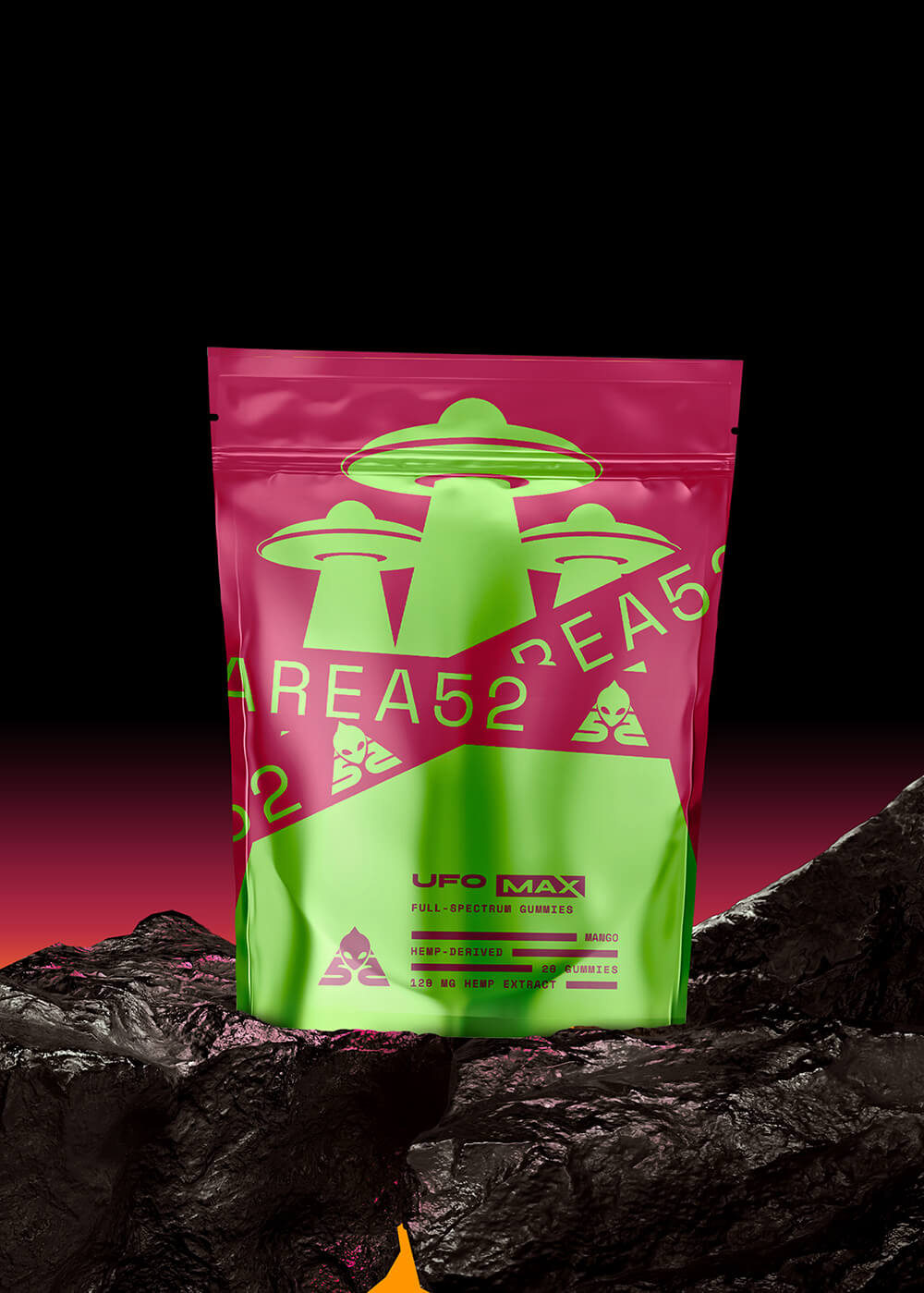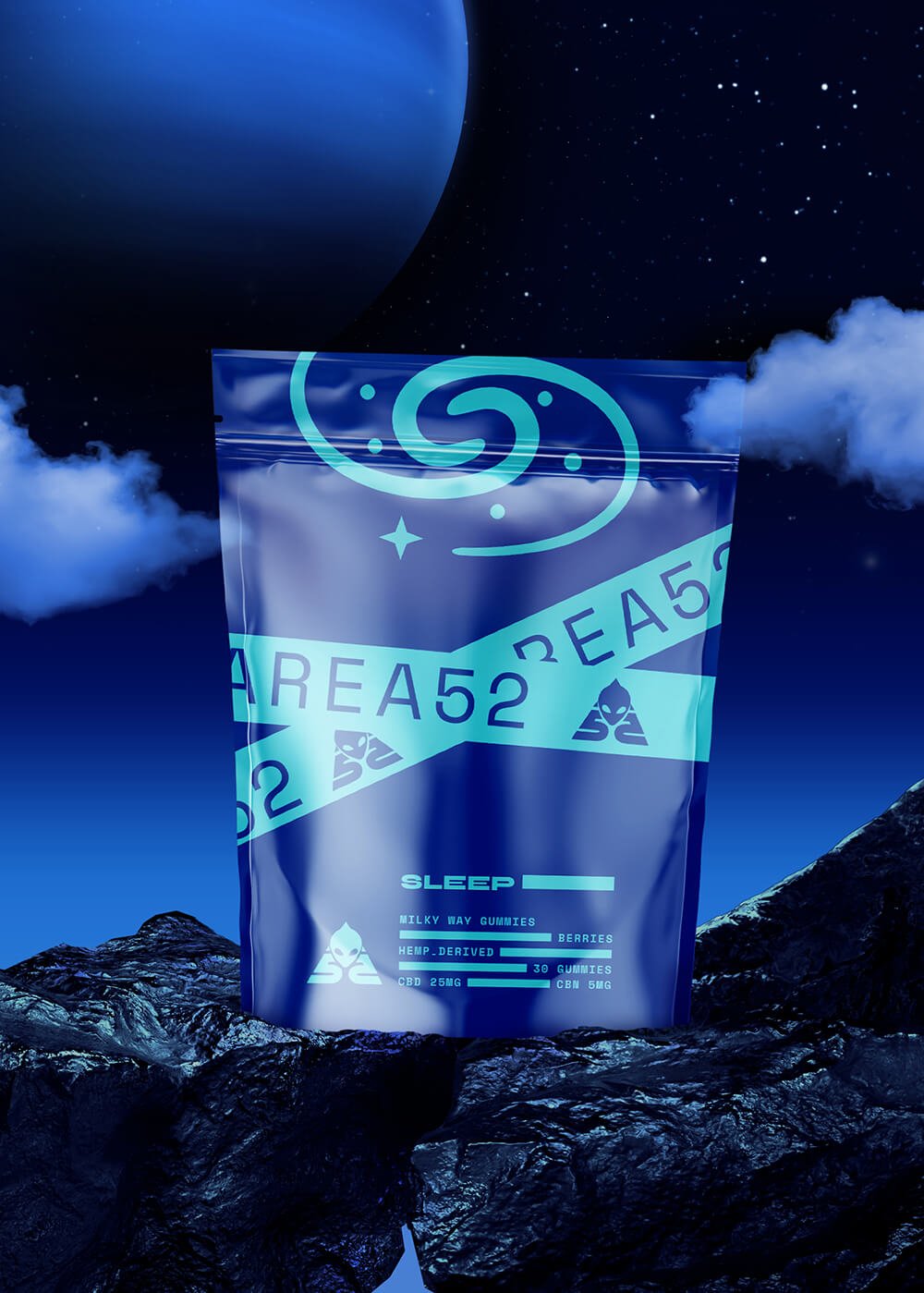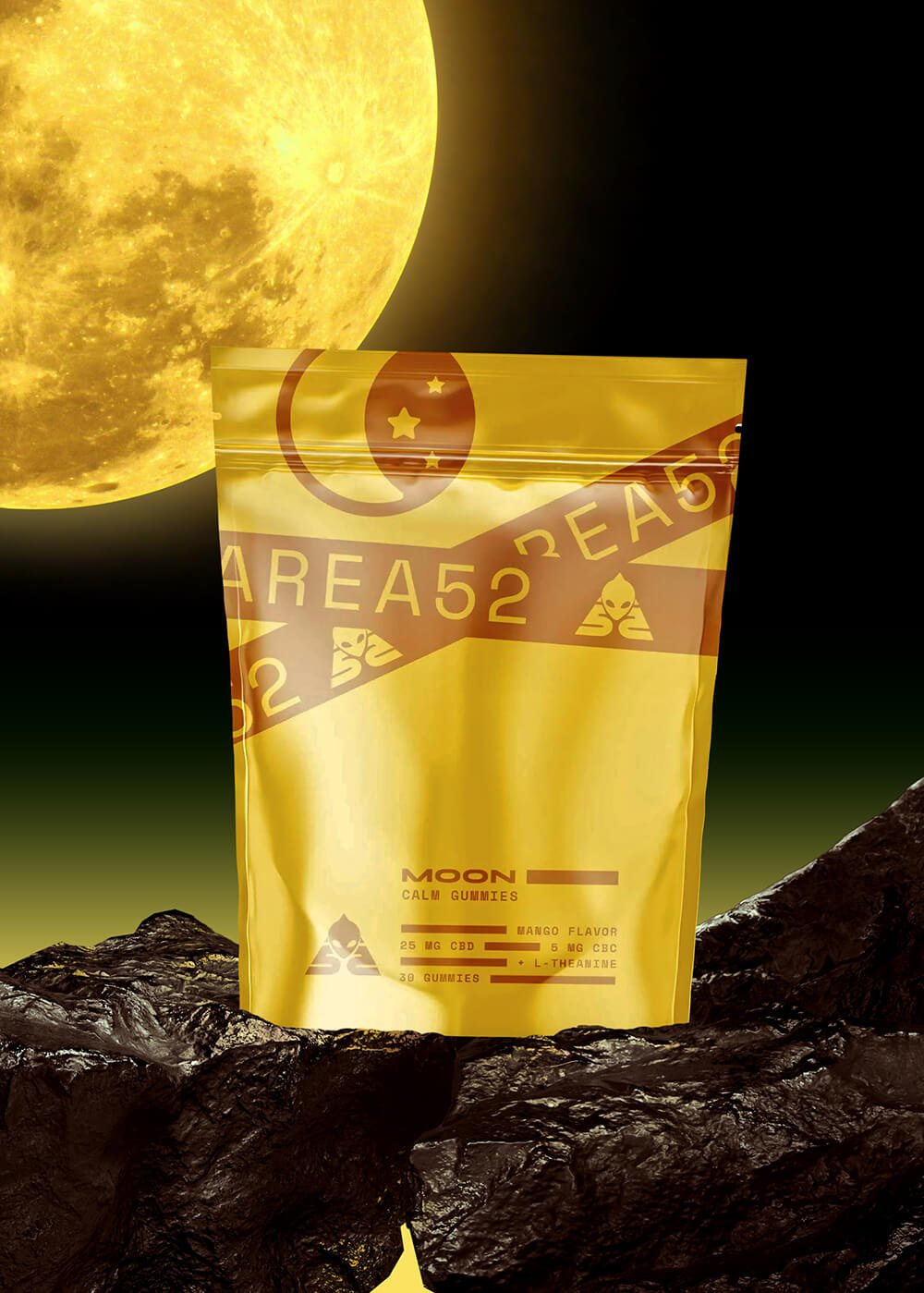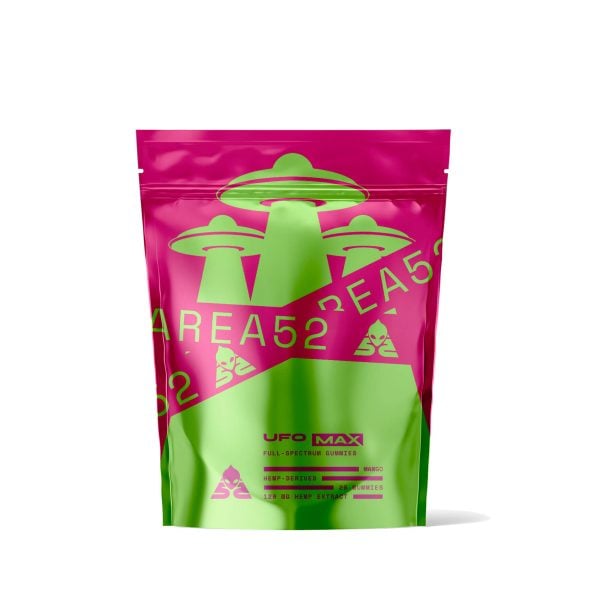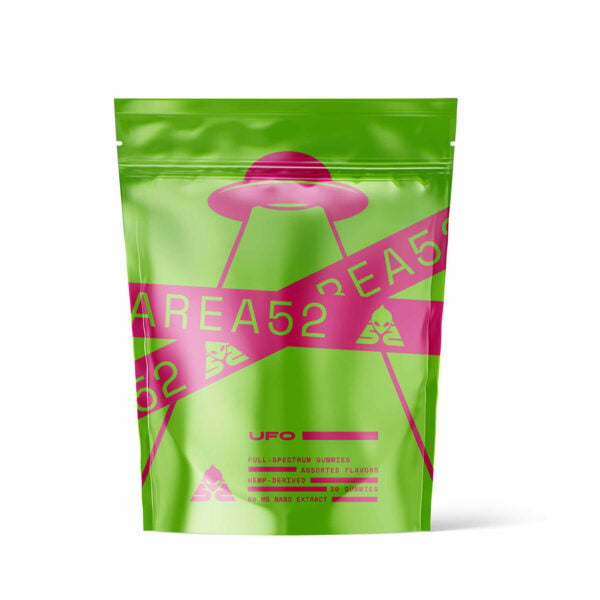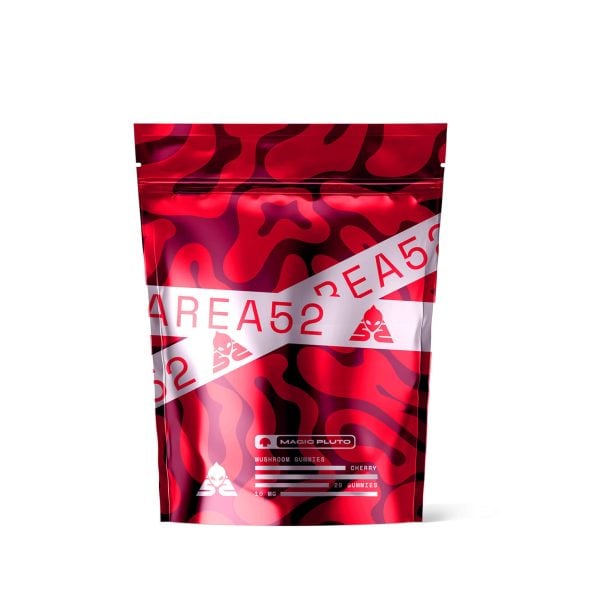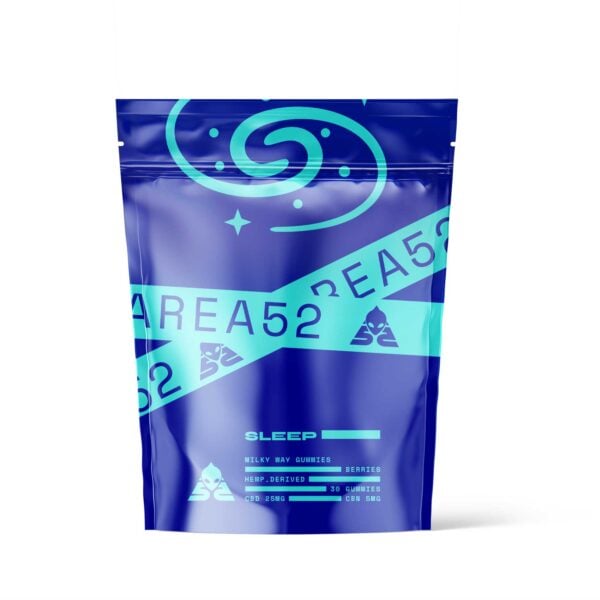What Is HHC (Hexahydrocannabinol)? Uses and Benefits
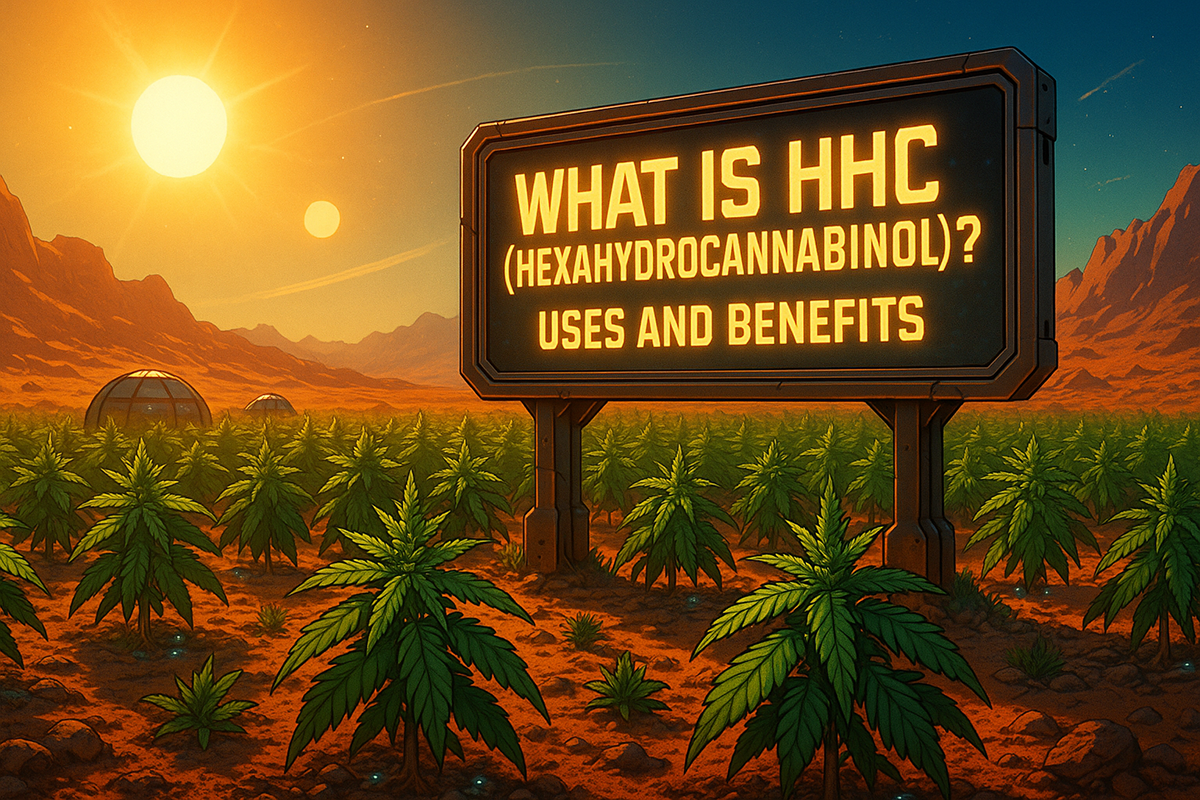
With the cannabinoid space race at full throttle, alternatives to conventional delta 9 THC and CBD emerge thick and fast. HHC is one of the latest of the other cannabinoids to appear on the scene.
Its psychoactive effects are similar to THC, yet anecdotal evidence suggests it doesn’t show up on standard drug tests (unconfirmed), making HHC a good legal alternative. That said, HHC products are still new, and a lot is still unknown about it.
HHC is also the most stable form of THC as it’s super resistant to oxidation, heat, and UV light — so you don’t have to worry as much about your stash degrading and losing its potency.
Here’s what we know about HHC, its legality, and what the future might hold for this unique cannabinoid.
What Is HHC?
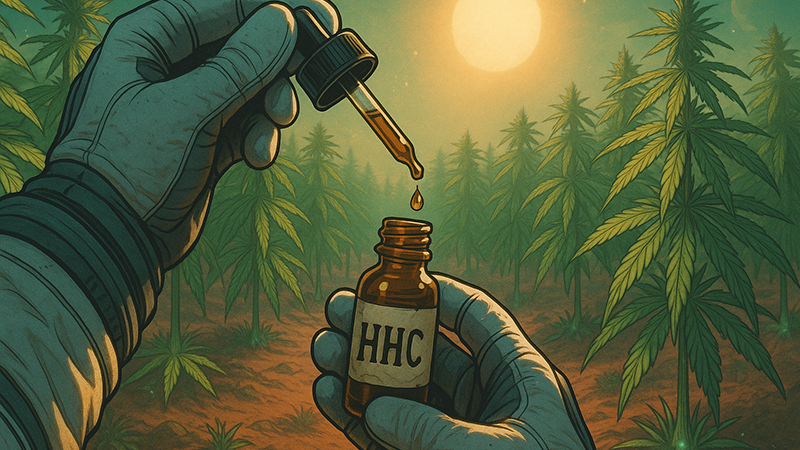
Hexahydrocannabinol, or HHC, is a hydrogenated form of THC.
This is a similar process used to turn vegetable oil into margarine using a process called hydrogenation (adding hydrogen atoms to the chemical structure to stabilize it).
HHC occurs naturally in cannabis plants and hemp but only in trace concentrations. To obtain a usable amount from these high potency Cannabis sativa plants, a sophisticated process is performed to saturate THC with hydrogen atoms in the presence of high pressure and a catalyst like nickel or palladium.
This breaks THC’s double bond chemical structure and replaces it with hydrogen, yet the cannabinoid’s effects and potency remain essentially unchanged. There are at least ten isomers of this hydrogenated form of THC currently known.
This seemingly minor alteration increases THC’s binding affinity for the CB1 and CB2 endocannabinoid receptors, as well as the TRP pain receptors.
What’s more, this change in THC’s molecular structure makes it a lot more stable since, in its natural form, THC is highly susceptible to oxidation and degradation.
When it oxidizes, THC loses hydrogen atoms, and two new double bonds are formed instead. The resulting formation, called CBN (cannabinol), only has around 10% of THC’s psychoactive potency.
HHC, on the other hand, doesn’t lose its potency anywhere near as quickly when exposed to air. HHC is also incredibly resistant to heat and UV light, making it the ideal cannabinoid candidate for post-apocalyptic preppers.
One of the unusual homologous cannabinoids, scientists see HHC’s unique potential in the hemp and cannabis industry, especially benefiting existing and emerging modalities like vapes and edibles..
What Does HHC Feel Like?

HHC’s effects are very similar to those of THC, such as altered visual and auditory perception.
Some HHC users describe its effects as more relaxing than stimulating, similar to delta 8.
Since HHC is so similar to THC, it may offer many of THC’s benefits, but few studies have investigated this.
Is HHC Legal?
HHC’s legal status is murky, as are other cannabinoids like delta 8 THC.
Some vendors claim it’s legal since it occurs naturally, and no law explicitly prohibits it. However, HHC doesn’t happen naturally in substantial quantities, so various chemical processes are needed to get usable amounts.
The Drug Enforcement Administration (DEA) issued an interim rule to clarify the regulatory controls over cannabis and its constituents under the 2018 Farm Bill. It decreed that “all synthetically derived tetrahydrocannabinols remain Schedule I controlled substances.”
Therefore, the debate over HHC’s legality largely centers around whether it’s a natural or synthetic compound.
If justices determine HHC is natural, then so long as the final product is derived from hemp and contains less than 0.3% delta 9 THC, it’s federally legal. If, however, it’s deemed synthetic, then it’s federally illegal, as is the case with D9.
The truth is that HHC is somewhere in-between — a so-called “naturally-derived” form of THC, but current hemp laws don’t leave a great deal of room for nuance.
Until a court rules or offers an opinion on HHC’s legality, it’s impossible to say for sure whether it’s legal or not, so use this product at your own risk.
What are the Potential Benefits of HHC?
Though HHC is rarely studied directly, researchers note that it shows promise for chronic pain relief or stress management via the endocannabinoid system.
In the human body, HHC presumably binds to CB1 and possibly CB2 receptors, similar to delta 9 THC. This binding might influence several pathways involved in pain, mood, emotions, appetite, stress, sleep, and immune response, among others.
Because HHC binds to the CB1 receptor and gets you high, there’s also the risk of developing drug addiction issues.
What Are the Side-Effects of HHC?
As with other cannabinoids, the recent surge of interest in HHC doesn’t match the comprehensive studies into its safety and effects; much of the available information on HHC is speculative.
So far, preliminary research indicates HHC has a safety profile comparable to THC, and reported side effects are similar to those resulting from high doses of THC.
The potential side effects of HHC include:
- Anxiousness
- Dizziness
- Dry mouth
- Increased appetite
- Insomnia
- Paranoia
- Rapid heart rate
- Red eyes
What’s the Dose of HHC?
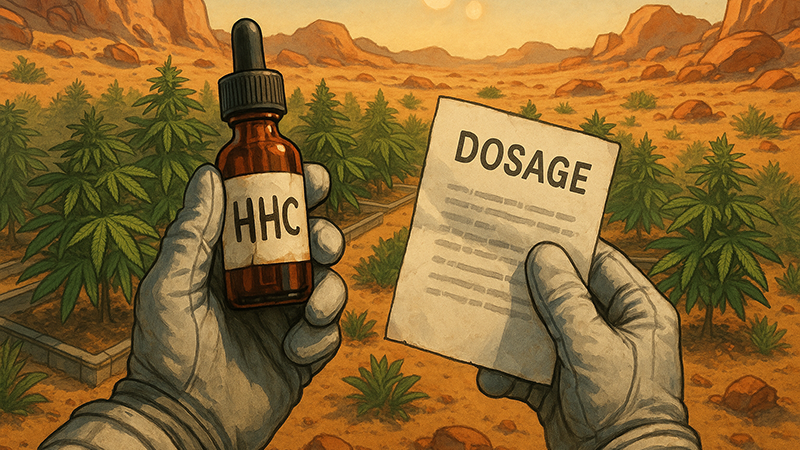
The appropriate dose of any psychoactive substance is dependent on various factors, such as age, weight, and tolerance levels.
As a new user of HHC, you might not know your tolerance levels, but as a general guide, its potency lies somewhere between the mellower high of delta 8 (D8) and the more intense delta 9 THC (D9).
Learn More: How much Delta 8 THC Should I Take?
Always start on the low end until you know what you’re getting into and how your body will respond.
Common Delta 8 Dosing
- Low dose: 10 – 20 mg per serving
- Moderate dose: 20 – 50 mg per serving
- Heavy dose: 50 – 100 mg per serving
If you’re a relatively experienced user of one or the other, taking a similar or slightly lower dose of HHC would be a good starting point.
If you’re entirely new to THC and its cannabinoids, then it’s best to take a small amount, or perhaps even a microdose (1–2 mg), before gradually working your way up to larger ones.
Drug Testing: Will HHC Show Up On a Drug Test?
Aside from its long shelf-life, another key selling point made by HHC users is that a standard 12-panel drug test won’t detect it.
This is attractive to many people since other THC alternatives, like delta 8 and delta 10 THC, will show up on urine or blood tests for THC if consumed in sufficient amounts.
Learn More: Will delta 8 THC make me fail a drug test?
For now, the evidence supporting this claim is mainly anecdotal though preliminary research suggests HHC doesn’t metabolize into 11-hydroxy-THC, which is the main THC metabolite that can trigger a positive result.
This isn’t verified, so use HHC at your own risk if you’ll need to take these tests.
Key Takeaways: What Is HHC?
We don’t know much, but here’s a breakdown of what we do know.
- HHC is a hydrogenated form of THC.
- HHC induces effects similar to THC and has comparable potency.
- HHC has a much longer shelf-life than THC.
- HHC is more resistant to heat and UV exposure than THC.
- Research into HHC’s safety is limited, but there’s no indication it’s any more dangerous than THC.
- HHC is naturally produced in cannabis plants.
- HHC may not show up on a standard THC drug test, but this isn’t verified.
Each cannabinoid that pops onto the scene offers us something new, but it’s always wise to use caution if you decide to try HHC or anything under-researched.
Time will tell if HHC proves to be the long-lasting cannabinoid we never knew we needed.
Frequently Asked Questions
1. Is HHC stronger than CBD?
HHC and CBD work differently, so the assessment of “stronger” is subjective. HHC is psychoactive, whereas CBD is not. If you’re looking for a buzz that feels relaxing without intoxication, then CBD is your choice. If you want noticeable buzz or high, then HHC is stronger in that sense.
2. Is HHC sativa or indica?
HHC is a single molecule. It’s neither a strain of indica or sativa. Its “feel” might vary, depending on the terpenes and other chemical compounds found in the product. Some terpenes give a more energetic effect (sativa type), while others are pretty relaxing (indica type).
3. Is HHC synthetic or natural?
HHC does exist in the cannabis plant, but typically in small quantities. Commercial HHC products usually involve lab-based hydrogenation, a gray area for legality.
4. How psychoactive is HHC?
Effects reportedly sit between delta 8 (mild) and delta 9 THC (strong). Experiences vary widely, so starting low is best if you want to try HHC products.
5. What does HHC do for the body?
HHC stimulates the endocannabinoid system. This effect impacts aspects like mood, stress, or pain. After HHC use, people often express feelings of ease, calm, or slight euphoria. However, good research on specific effects is limited. Most reports come from personal accounts instead of large investigations.
References Used
- Bloom, A. S., Dewey, W. L., Harris, L. S., & Brosius, K. K. (1977). 9-Nor-9-Hexahydrocannabinol a cannabinoid with potent antinociceptive activity: comparisons with morphine. J Pharmacol Exp Ther, 200, 263-270.
